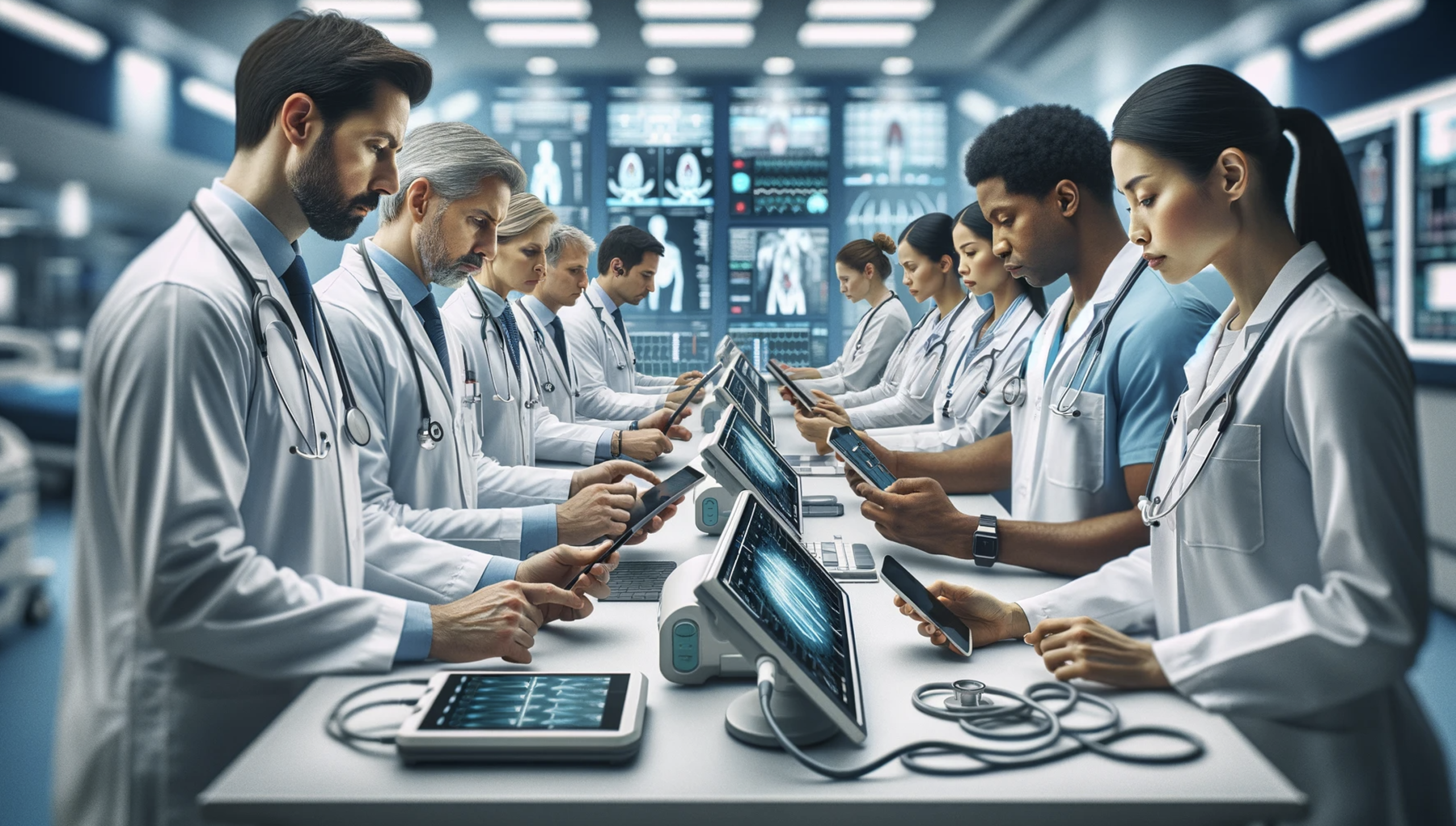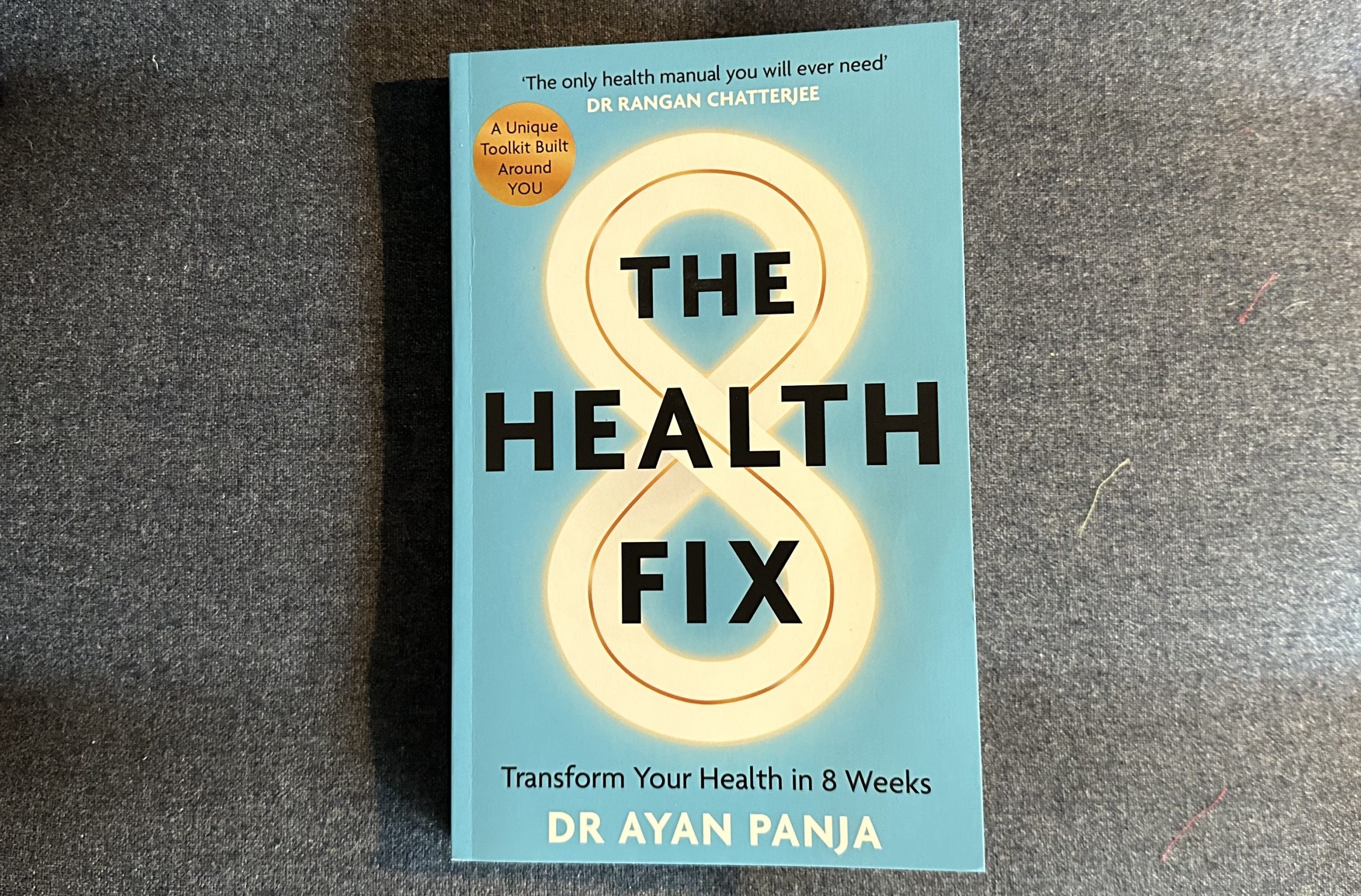
David Fraile Navarro is a GP and researcher at the Centre for Health Informatics, Australian Institute of Health Innovation, Macquarie University, Sydney, Australia
Primary care lies at the core of effective health systems across the world. Despite this, primary care physicians are often overworked, earn less, and have fewer opportunities for career progression than hospital doctors.1
Over decades, their autonomy has been eroded as monitoring of their performance has been enforced by external rules and metrics which distort care priorities without clear benefit to patients. These factors have made primary care an
increasingly unpopular choice for health professionals, exacerbating the inverse care law by reducing the provision of care at the most effective level to the people who most need it.
The global future of primary care looks bleak unless these trends can be reversed. Fortunately, advances in generative artificial intelligence (GenAI) hold the promise of providing exactly the transformational support which primary care needs to grow and flourish. AI based technology is already revolutionizing other specialties, from intelligent pacemakers to surgical robots. Pattern recognition by AI is already overtaking humans in many diagnostic fields such as radiology and cytology. Large language models are doing the same in communication, dialogue and processing human-generated text. Here we present their potential within primary care using four broad domains: operational, analytical, communicative and formative.
The operational sphere of primary care is generally chaotic. In most countries, professionals spend as much time grappling with dysfunctional IT systems and a multiplicity of imposed administrative tasks as on seeing patients.2 GenAI has opened the door for seamless automation of many of these tasks. This includes generating notes and summaries from spoken encounters, automatically generating diagnostic test and referral requests, organising clinics, summarising past medical history, flagging follow-up and ordering medication.
The analytical work of primary care consists largely of discussing management plans with individual patients in the context of acute illness or distress, or an ongoing health problem, or long-term risk. In each case, GenAI can provide cognitive support to the health professional and, even more importantly, to the patient. Already a large proportion of patients consult with Google before they consult with a doctor. The ideal GenAI tool for primary care would be informed by a learning set from the population that the patient came from, as well as from the totality of evidence applicable to their illness. The patient would be able to access this as easily as the health professional and receive information that accurately depicts their case and their level of understanding. Increasingly, a primary care consultation will come to consist of a personalised discussion of suggestions made by GenAI, establishing a triad of interaction between the health provider, the patient, and the GenAI system. Since GenAI carries the risk of inducing health anxiety or generating overdiagnosis, it is essential that it should be proactively developed in close collaboration between generalists and patients.
Communication skills have long been taught in the training stages of general practice. But once practitioners work independently, they receive no structured support, and studies in areas such as shared decision-making show that many do not perform well in communicating choices to patients.3 Surprisingly, GenAI is often judged better by patients for understanding and empathy in studies using simple simulations.4 Besides seeming nicer, GenAI can act as a universal real-time language translator, and simultaneously converting speech and text. It can also suggest the best language to use for particular literacy groups. It could for the first time provide feedback to the health professional regarding how they interact with patients, enabling continuous improvement.
Much of the formative potential of GenAI for professional development in primary care will come from the functional and cognitive unburdening already described. As well as providing a constant real-time feed of best evidence to the health professional, AI could be trained to analyse the quality of their decision-making in a completely confidential way. For the first time, health professionals will have the opportunity to be told about their bad habits and areas of ignorance in a kind, constructive way by a machine that can also tell them how to change. GenAI could create a “companion” to share the burden of clinical uncertainty and to facilitate true human connection between patients and clinicians.
We realise that the potential benefits of GenAI that we outline here may be seen as idealized and over-optimistic. But every month confirms the potential of large language models to perform the functions we have described. Instead of fretting about the demise of primary care as we know it, we need to develop a new, truly humanistic vision, in which clinicians and patients are freed by AI from many systemic and cognitive burdens to create kind and responsive care in partnership together.
Deputy Editor’s note: see also
- https://bjgplife.com/evolving-general-practice-artificial-intelligence-primary-care/ (accessed 26/1/24)
- https://bjgplife.com/how-llms-will-transform-general-practice/ (accessed 26/1/24)
References
- https://www.commonwealthfund.org/publications/issue-briefs/2023/aug/overworked-undervalued-primary-care-physicians-10-countries [accessed 26/1/24]
- Overhage JM, McCallie Jr D. Physician time spent using the electronic health record during outpatient encounters: a descriptive study. Annals of internal medicine. 2020;172:169–74.
- Joseph-Williams N, Edwards A, Elwyn G. Power imbalance prevents shared decision making. BMJ. 2014;348.
- Ayers JW, Poliak A, Dredze M, et al. Comparing physician and artificial intelligence chatbot responses to patient questions posted to a public social media forum. JAMA internal medicine. 2023.
Featured image by Christopher Burns on Unsplash










This is a wonderful glimpse at what we could achieve with GenAI. Thank you, Richard and David! As a profession, we need to work together to make sure it is this vision that comes to fruition rather than the commissioning of technology which serves to widen existing health disparities and worsens thoughtless, transactional care.